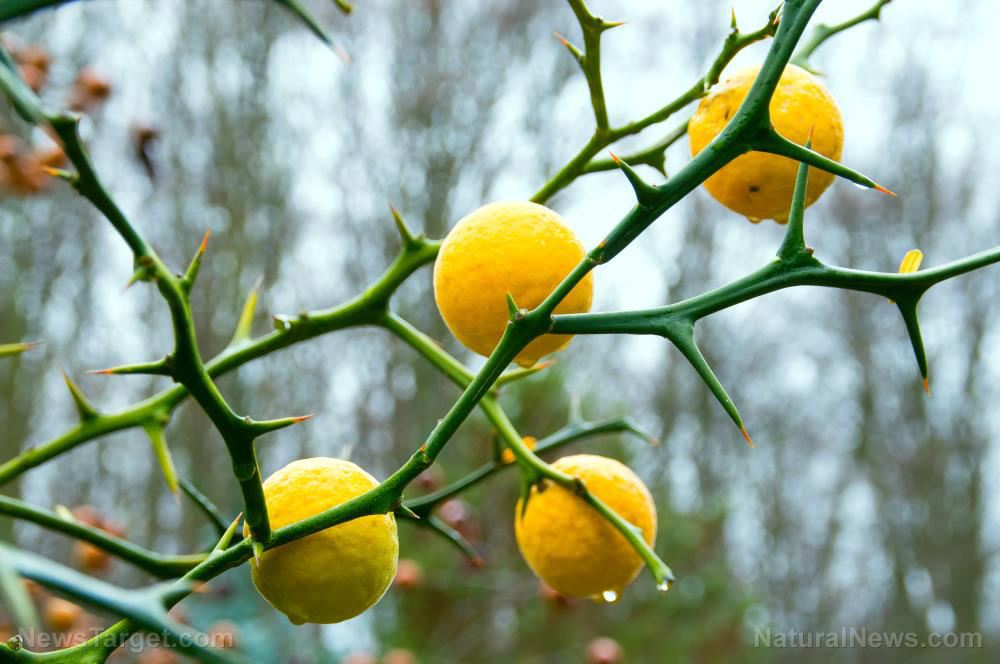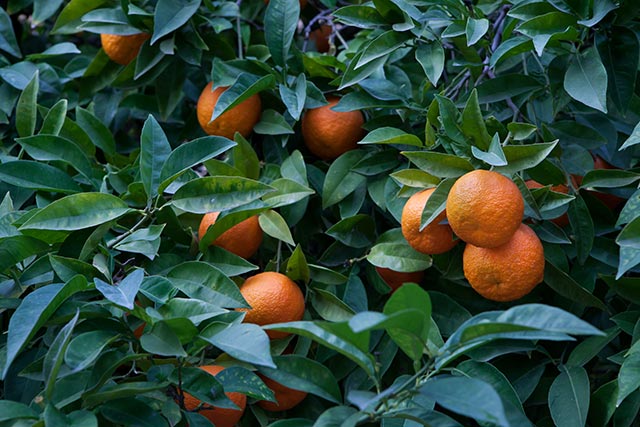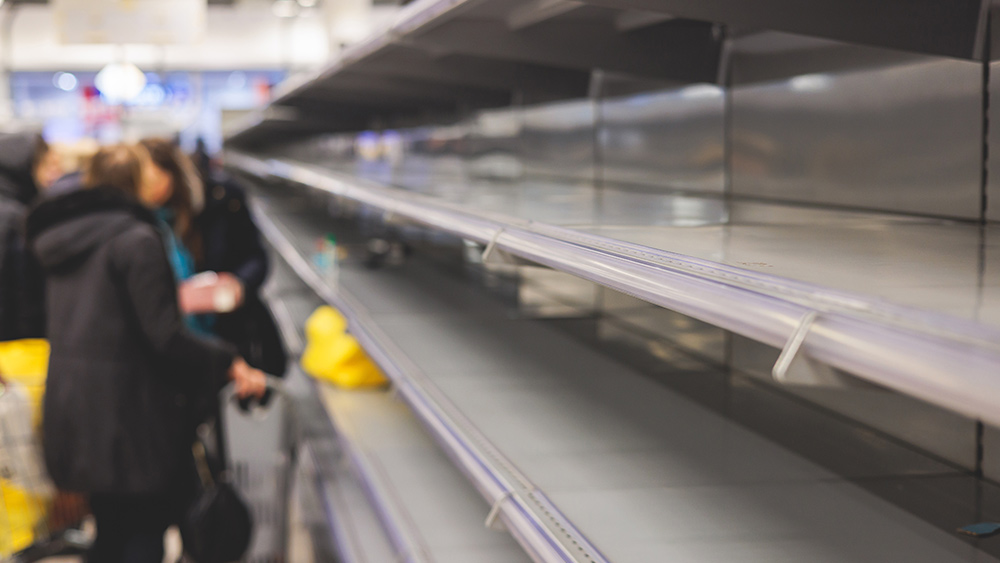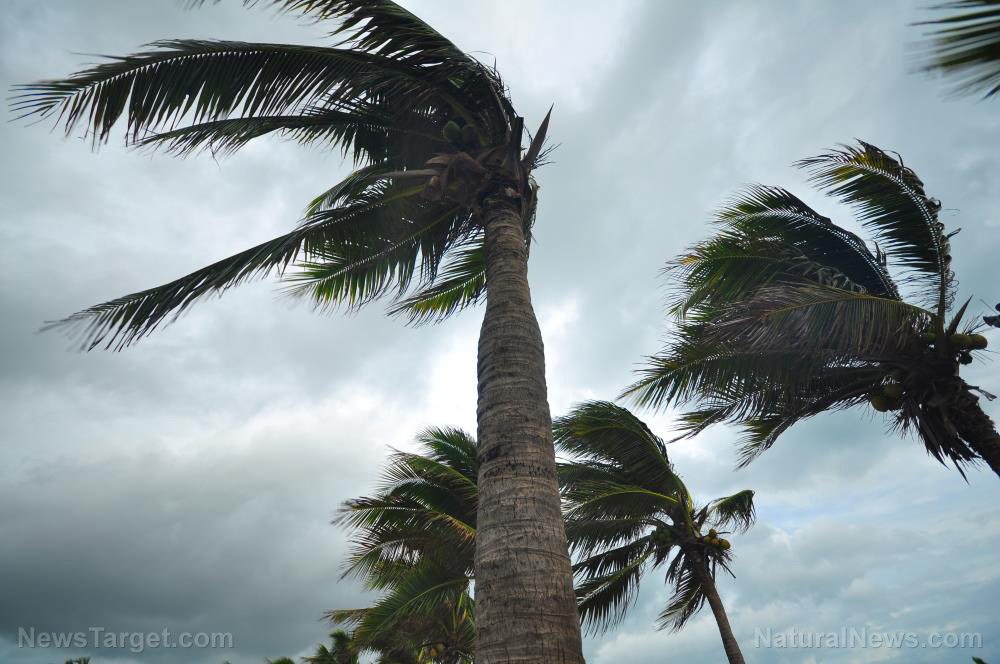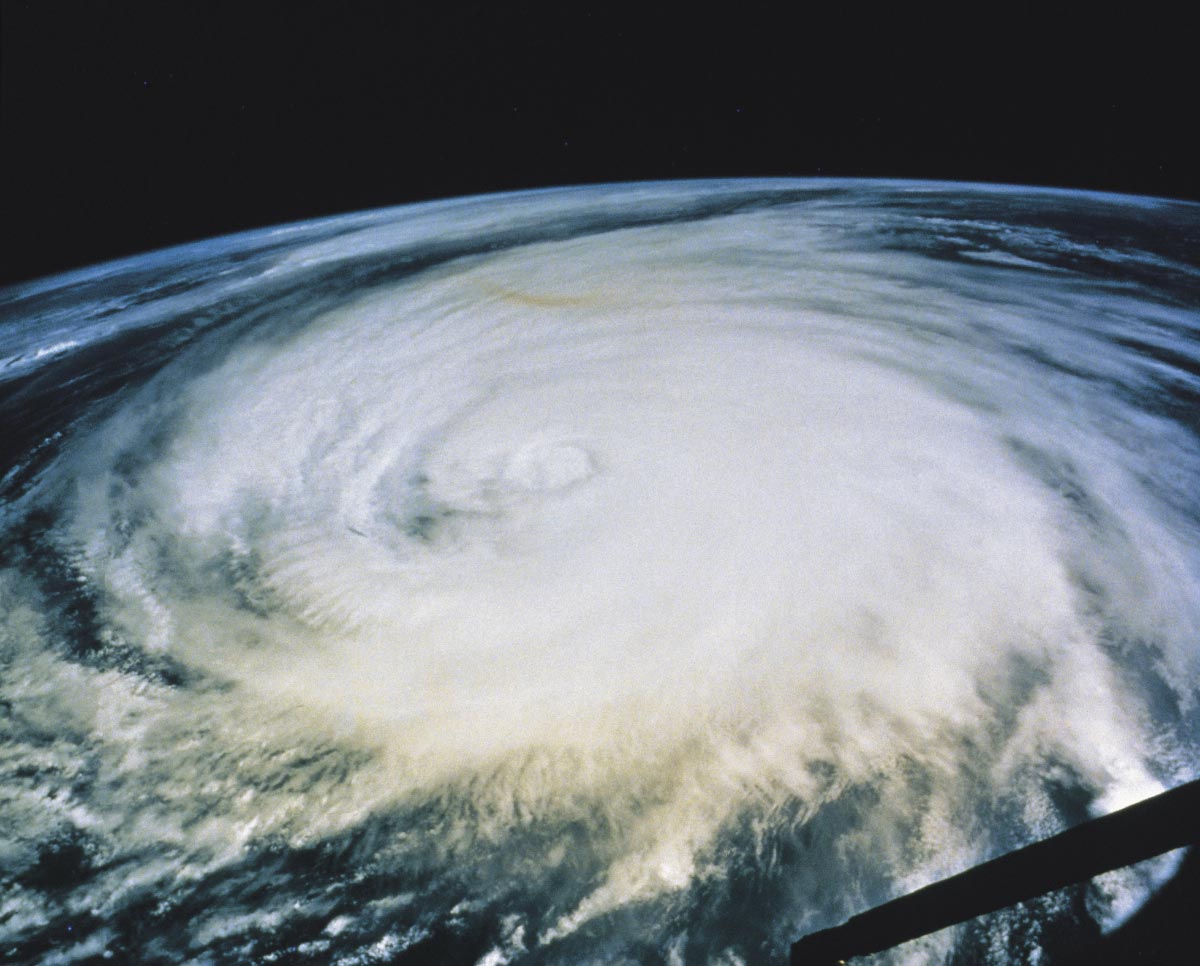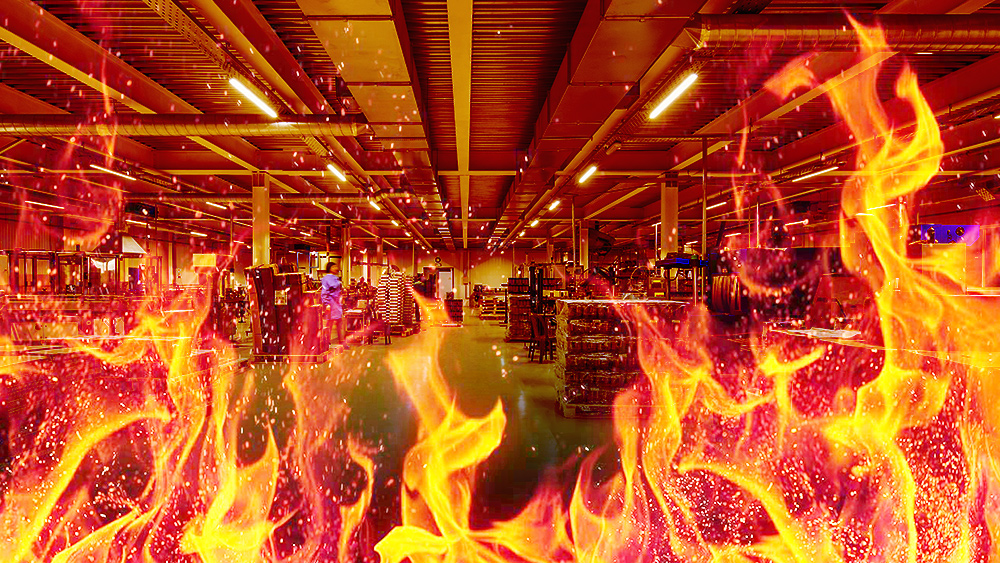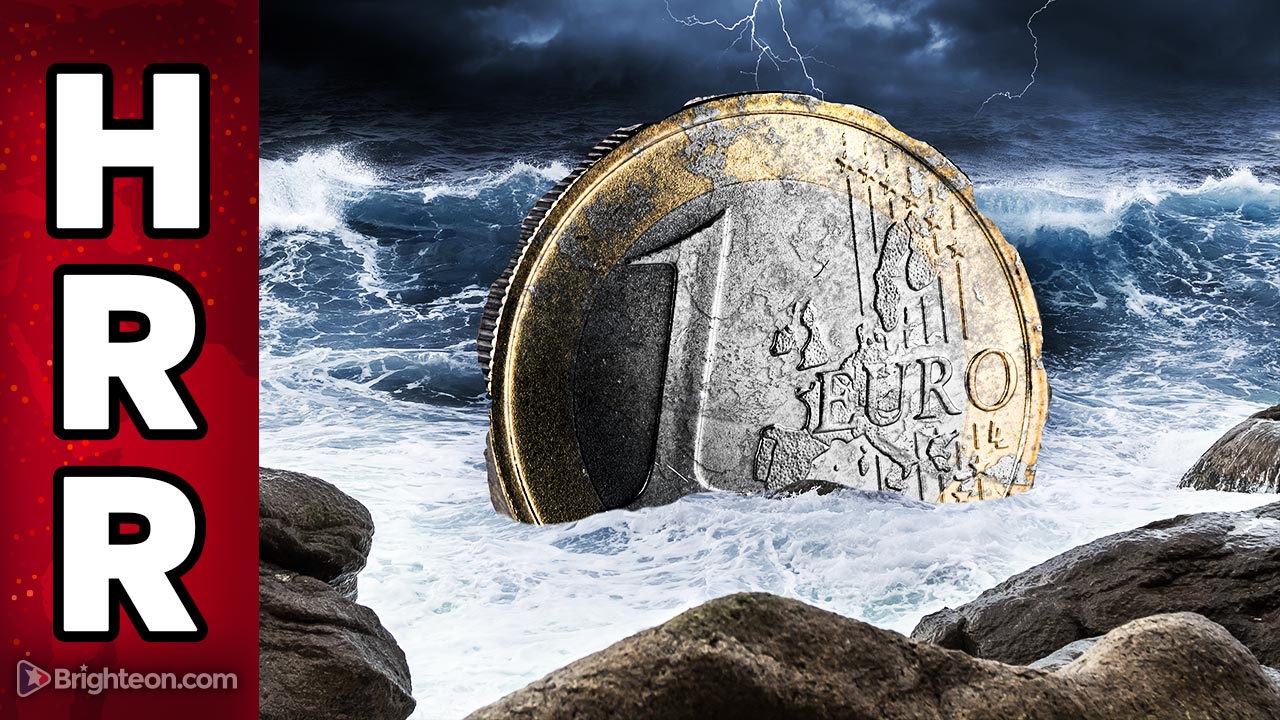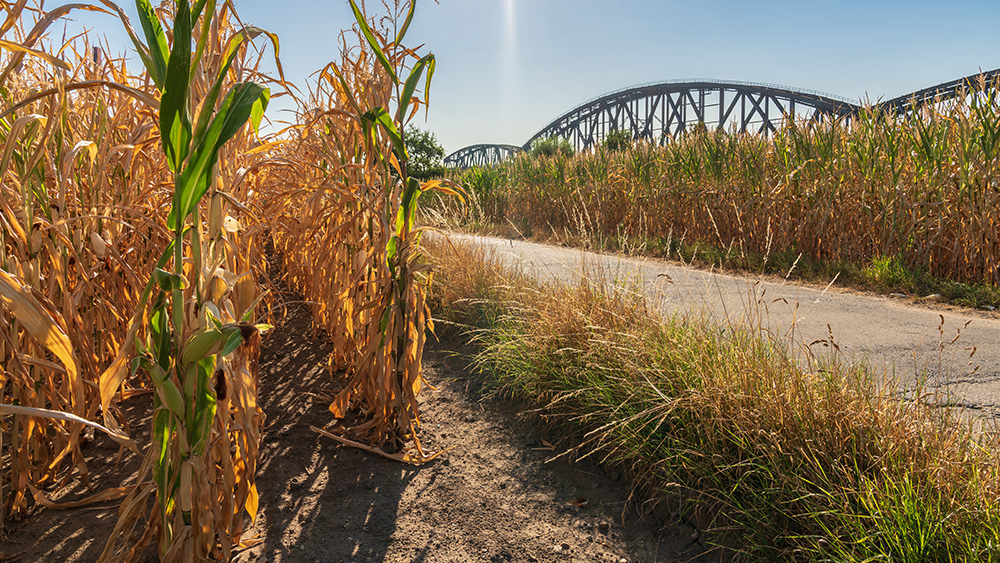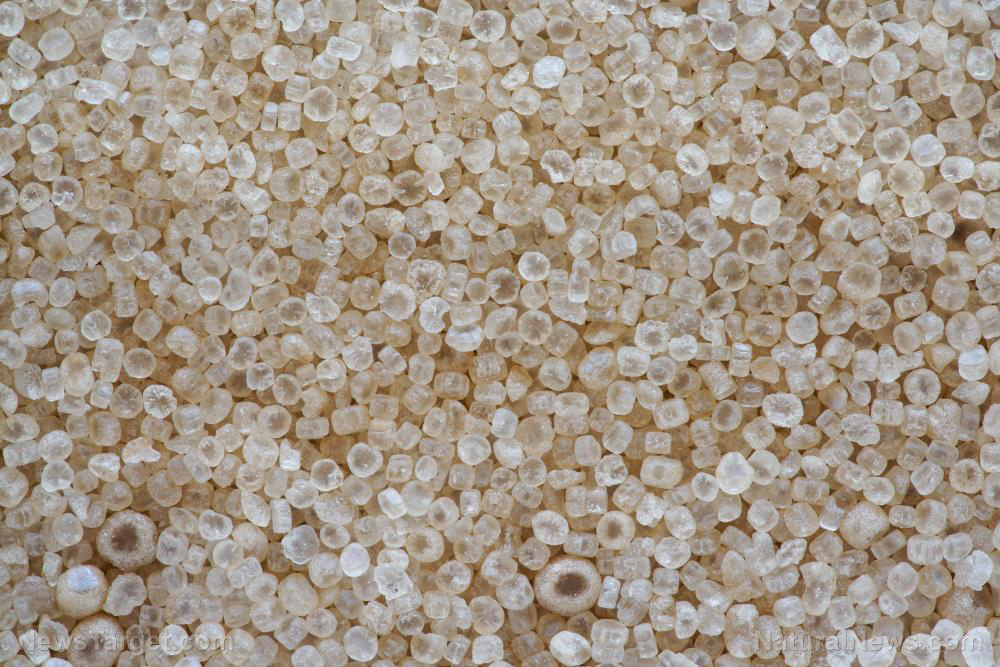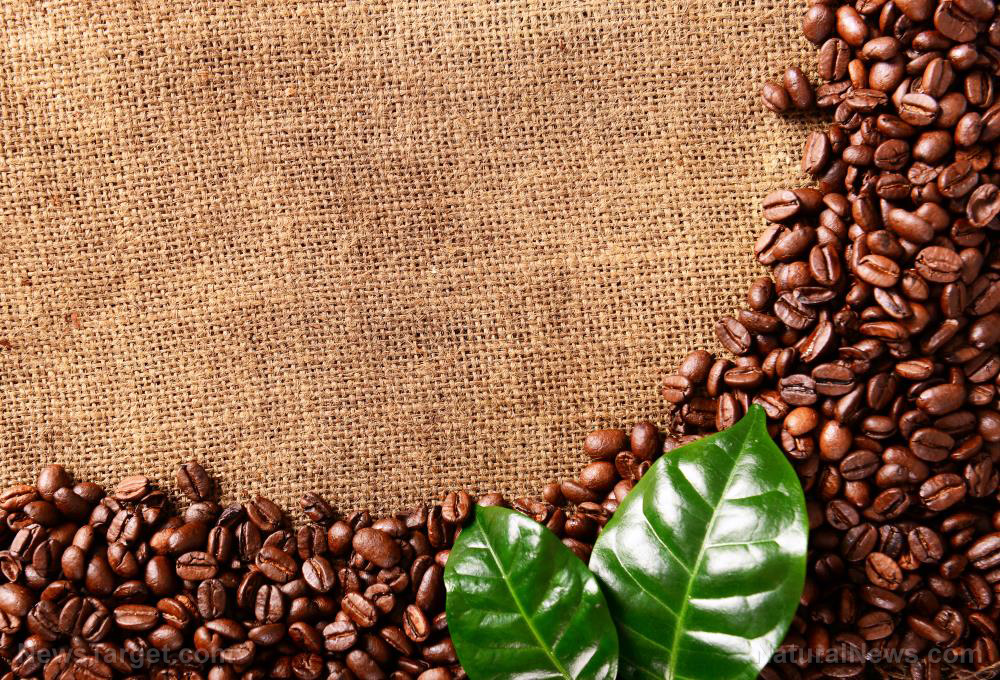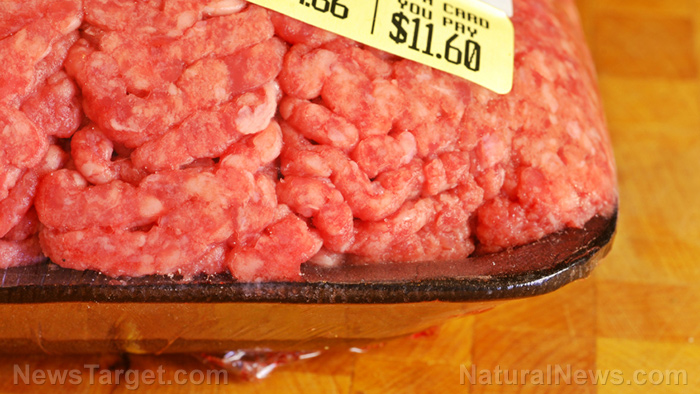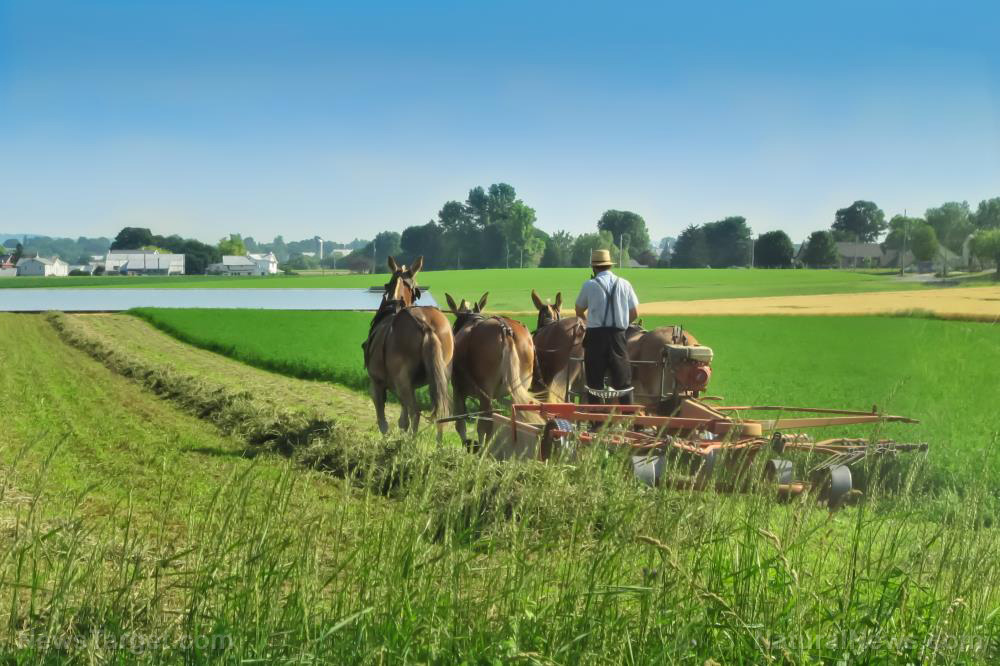Absurd: Climate activists say food production is the cause of global environmental crisis
10/05/2022 / By Belle Carter
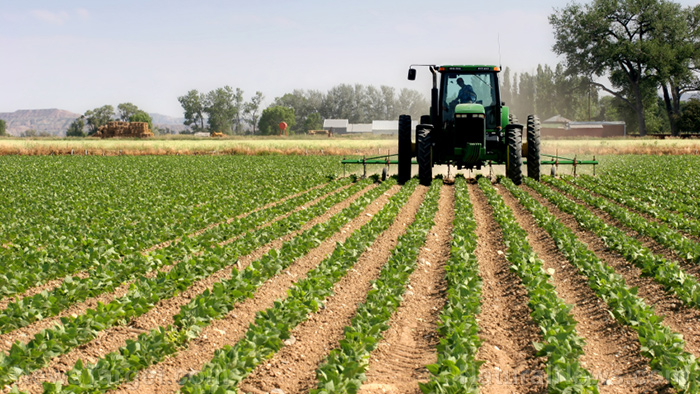
During the recent biennial gathering of food producers in Turin, Italy, the ironic battle cry of participants was “food is the cause of the environmental crisis.”
The Terra Madre Salone del Gusto festival, which was convened by the Slow Food movement, was attended by farmers from the U.S., Japan, Australia, Uganda and Italy, among others. They talked about how “man-made” disasters such as drought, flood, fire, storms, heatwaves and plagues of pests had destroyed their livelihoods.
According to the movement, food production contributes almost 37 percent of global greenhouse gas emissions. Slow Food President Edward Mukiibi said conventional agriculture seeks to maximize production via large-scale farms that rely on monocrops fed by greenhouse gas-emitting fertilizers, protected by biodiversity-damaging pesticides and harvested by fossil fuel-spewing combines and tractors.
“Industrial farming may be able to produce food cheaply, but it comes with a great environmental cost,” Mukiibi said.
Proponents of the organization pointed out that adopting climate-smart farming practices, and taking a more flexible approach to “what is farmed where” will make food production more resilient in the face of climate change.
“But even then, it may not be enough – absent severe reductions in fossil fuel emissions, some places will likely have to give up farming entirely in the near future,” said Aryn Baker, Time‘s senior international climate and environment correspondent.
Baker added that the movement’s “evangelists” are promoting change to start with individual choices, including buying local, going organic, reducing meat consumption and avoiding food waste.
Analysts are now questioning the reasons why “grassroots” organizations such as Slow Food are convincing food producers to self-sabotage and stop using fertilizers, which could eventually stop food production.
The whole world is now suffering from the dwindling food supply and commodity prices are soaring due to various events, such as the Wuhan coronavirus (COVID-19) pandemic and war in Ukraine. Sooner than later, lots of people simply would not be able to afford to eat at all.
“To feed the world of today we need agricultural mass production, fossil fuel and chemicals, not ignorant theories and disastrous policy choices,” Eric Worrall wrote in his essay on Watts Up With That.
Moscow to UN: Tell the West to lift restrictions on export of Russian fertilizers
Getting desperate about the imminent global food collapse, the United Nations (UN) started back in September “urgent” negotiations with Russia and Ukraine, so that they can secure a deal on chemical exports through the Black Sea. (Related: United Nations BEGGING Russia to export fertilizer so Western nations don’t suffer a worsening food collapse.)
In response, Russia’s Foreign Ministry spokesperson Maria Zakharova urged the UN to make the Western countries lift restrictions on the export of Russian fertilizers. She highlighted at a news conference on September 29 the necessity of removing the ban on entering Russian ships to foreign ports and foreign ships to their ports.
The sanctions on the Russian Agricultural Bank, which handles a great part of transactions related to the agricultural sector, also hinder the export of fertilizers.
“We expect the UN to make efforts to get the Europeans and Americans to remove a number of obstacles that do not allow us to supply Russian fertilizers and grain to the world market fully,” Zakharova said.
“We are talking about permission for Russian ships to enter European ports, foreign ships to enter Russian ports, it is necessary to lift sanctions from Rosselkhozbank, because it handles the lion’s share of all transactions with fertilizers and food.”
In July, the conflicting countries signed a UN-brokered deal to resume grain exports through the previously barricaded Black Sea ports. The agreement also indicated the UN’s commitment to helping remove the sanctions on exports of Russian food products and fertilizers. However, Russian President Vladimir Putin criticized this arrangement and said “almost all the grain exported from Ukraine” was sent to the European Union instead of going to the poorest developing countries.
Visit FoodCollapse.com for more news related to food shortages worldwide.
Watch this video about food manipulation, total food collapse and mass starvation.
This video is from the InfoWars channel on Brighteon.com.
More related stories:
Food shortage simulation predicts 400% SURGE in food prices by 2030.
Mainstream media outlets FINALLY admit the world is on the brink of food collapse.
FOOD COLLAPSE: California’s ongoing drought has left over half a million acres of farmland unplanted.
Sources include:
2022.TerraMadreSaloneDelGusto.com
Submit a correction >>
Tagged Under:
chaos, collapse, deception, engineered collapse, famine, fertilizer, food collapse, food crisis, food inflation, food shortages, food supply, fossil fuel emissions, green tyranny, hunger, industrial farming, Putin, Russia-Ukraine war, sanctions, starvation
This article may contain statements that reflect the opinion of the author
RECENT NEWS & ARTICLES
FoodScarcity.News is a fact-based public education website published by CORONA2019 News Features, LLC.
All content copyright © 2022 by Food Scarcity News Features, LLC.
Contact Us with Tips or Corrections
All trademarks, registered trademarks and servicemarks mentioned on this site are the property of their respective owners.

